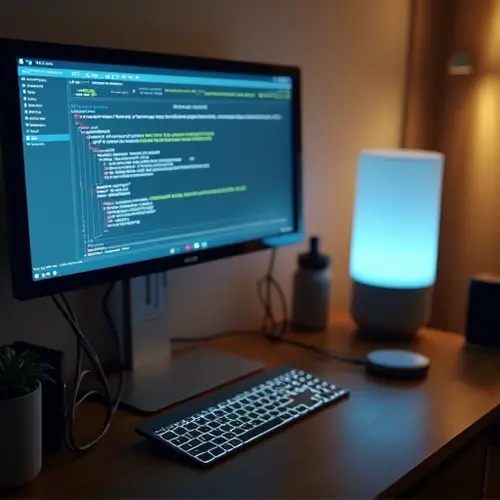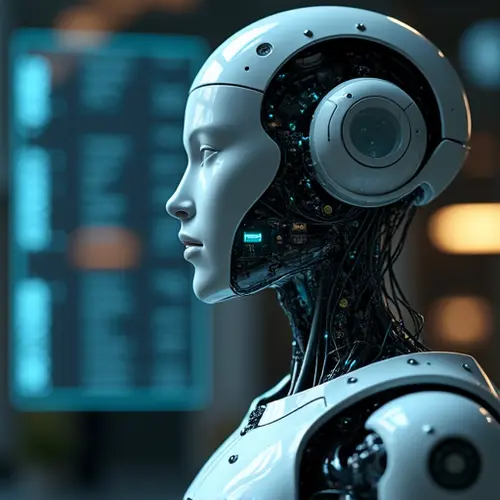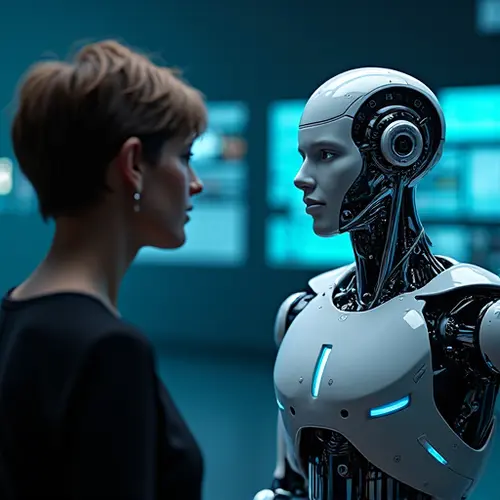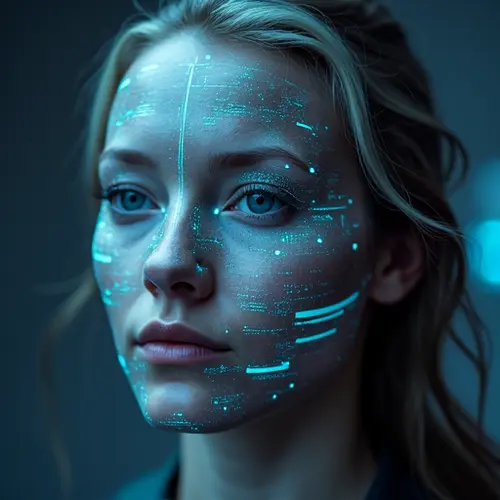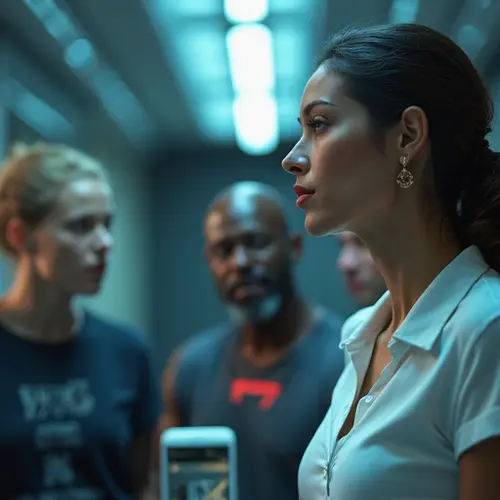
The Rise of AI Voice Cloning
Artificial intelligence has made voice cloning shockingly accessible – now requiring just seconds of audio to recreate anyone's vocal identity. This technology powers everything from personalized audiobooks to voice restoration for medical patients. But its dark side emerged when scammers cloned a German CEO's voice in 2019, tricking a subsidiary into transferring €220,000. The FTC warned in 2023 about AI-generated "family emergency" scams after a mother received a fake kidnapping call using her daughter's cloned voice.
Entertainment Industry Under Siege
The controversy exploded when TikTok user Ghostwriter released "Heart on My Sleeve" featuring AI-generated vocals mimicking Drake and The Weeknd without permission. This watershed moment triggered panic across Hollywood and the music industry. "I will never shake that voice from my mind," testified scam victim Jennifer DeStefano to Congress. Voice actors now report discovering their synthetic voices used in projects they never authorized.
Legal Counterattack
In March 2024, Tennessee passed the groundbreaking ELVIS Act, making it the first state to explicitly protect vocal identity. The law:
- Treats voices as protected property rights
- Bans unauthorized voice simulations
- Creates criminal penalties (up to 11 months jail)
- Allows labels to sue on artists' behalf
Artists like Luke Bryan and Chris Janson championed the legislation. "Our voices are our livelihoods," country singer Lindsay Ell testified. Meanwhile, federal proposals like the NO AI FRAUD Act aim to create nationwide protections.
The Consent Revolution
Voice artists are demanding fundamental changes:
- Royalties for AI voice training data
- Veto power over synthetic voice projects
- Clear labeling of AI-generated content
- Termination rights for existing contracts
The SAG-AFTRA union now requires specific AI consent clauses in contracts. "This isn't about stopping technology," said voice actor Tara Strong. "It's about ensuring we control our own vocal DNA."
Global Implications
Europe's AI Act classifies voice cloning as high-risk technology requiring disclosure. Japan recently ruled AI-generated voices violate personality rights. As synthetic media floods platforms like TikTok, the UN warns that voice cloning could become a "weapon of mass deception" in elections.
While startups like Replica Studios offer ethical voice licensing, the legal landscape remains fragmented. With over 20,000 voters receiving AI-generated robocalls mimicking President Biden in New Hampshire, regulators are scrambling to keep pace. As one industry lawyer warned: "We're writing the rules while the plane is in flight."

 Nederlands
Nederlands
 English
English
 Deutsch
Deutsch
 Français
Français
 Español
Español
 Português
Português
